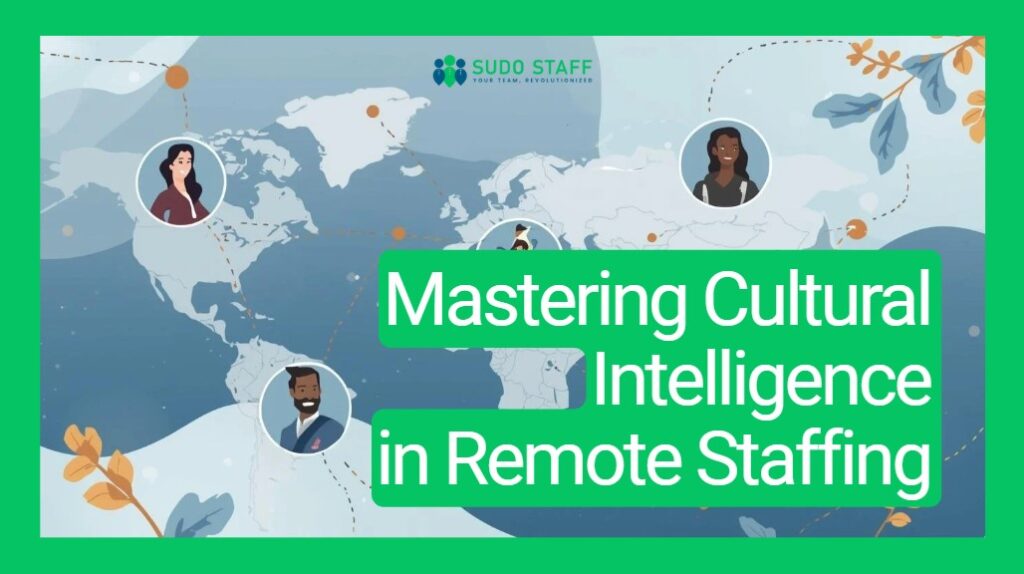Australian professional services—be it leading accounting firms or law practices—are leveraging Filipino remote staff to maintain a crucial competitive edge. This is a proven strategy: the talent pool is vast, highly skilled, and boasts strong Western affinity.
However, many Australian business owners treat offshoring as a simple headcount transaction. The most common mistake? Underestimating the cultural nuances that, if ignored, quietly undermine productivity, create hidden risks, and lead to early staff churn.
The key challenge isn’t technical skill acquisition; it’s strategic communication alignment.
1. The Cost of Silence: Hierarchy, Harmony, and Hidden Risk
Filipino work culture is deeply influenced by respect for hierarchy and the drive for smooth interpersonal relationships (Pakikisama). For Australian managers, who typically favour a flat, direct, “call-a-spade-a-spade” style, this translates into two business-critical dynamics:
A. The Hesitation to Question (The Hiya Factor)
Filipino professionals show enormous respect for managers. This can manifest as extreme reluctance to publicly question a manager or seek clarification, especially in a virtual group setting. The cultural concept of Hiya (shame/maintaining face) means they will often offer a non-committal “yes” or “I’ll try” rather than risk admitting uncertainty or causing their superior embarrassment. For time-sensitive Australian practices, this “silent agreement” is a major, unmanaged risk to quality control.
B. The Loyalty Overload (Utang na Loob)
The principle of Utang na Loob (a debt of gratitude) means your remote team is fiercely loyal and committed. They will often overwork to justify the opportunity and repay the investment. While admirable, this can lead to staff silently shouldering unsustainable workloads, failing to raise capacity issues, and eventual burnout.
For a managing partner or director, these unvoiced concerns represent a substantial, invisible threat to output consistency and staff retention.
2. The Solution: Shifting from Directness to Defined Structure
To unlock the full, highly dedicated potential of a Filipino remote team, you need to provide safe, non-confrontational, and structured channels for their input. This is a management strategy focused on mitigating communication risk.
| Management Tendency | Cultural Context & Business Impact | The Sudo Staff Management Solution |
| “Just tell me, mate.” | Risk of Hiya when admitting a mistake or lack of clarity. | Strategic Private Feedback: Managers are trained to use private, written channels for constructive feedback and to employ the “sandwich method” (praise-guidance-praise). |
| “Speak up if you’re stuck.” | Hesitancy to question the group leader publicly. | Mandatory 1:1 Check-ins: Structured individual time to ask specific, low-stakes questions (e.g., “On that task, which one of the 3 steps looks hardest?”) that force proactive issue identification. |
| “Use your initiative.” | Preference for clear boundaries and respect for hierarchy. | SOPs as Gospel: We help you establish clear, documented SOPs and escalation paths that empower staff by defining exactly when and how they can act autonomously. |
By building a feedback environment based on respect and process, rather than expecting a confrontational style, Australian leaders drastically reduce operational risk and foster a highly engaged, loyal team.
3. Sudo Staff: The Essential Cultural Bridge
In the B2B world, true partnership solves problems before they start. At Sudo Staff, we function as the cultural bridge that converts these natural differences into powerful competitive advantages.
- Alignment-Focused Placement: We match not only technical skills (e.g., Xero, LEAP, Smokeball proficiency) but also work style to ensure a smoother, faster integration into your existing practice.
- Proactive Engagement Monitoring: Our support system continuously monitors staff engagement to preemptively identify the subtle signs of “silent struggle” (e.g., overworking) before they lead to burnout or quality drops.
With Sudo Staff, you ensure the phenomenal work ethic of Filipino professionals is channeled directly into consistent, high-quality output for your firm.
Final Thoughts: The Strategic Advantage
For Australian accounting firms, law practices, and business services, the strategic advantage of Filipino remote staffing is clear. But unlocking that long-term value requires more than a cheap hire—it demands Culturally Intelligent Leadership.
When you partner with Sudo Staff, you’re not just hiring staff; you’re securing a robust operational framework that mitigates risk, maximizes productivity, and ensures your remote team is truly integrated.
The best strategic decisions are built on understanding and respect.
Secure your next dedicated, culturally-aligned staff member.
